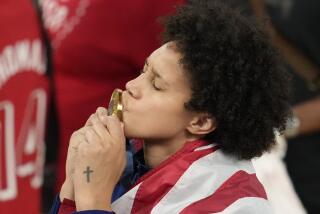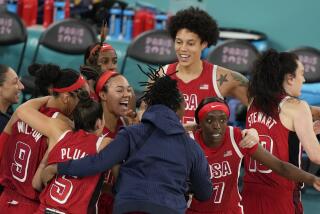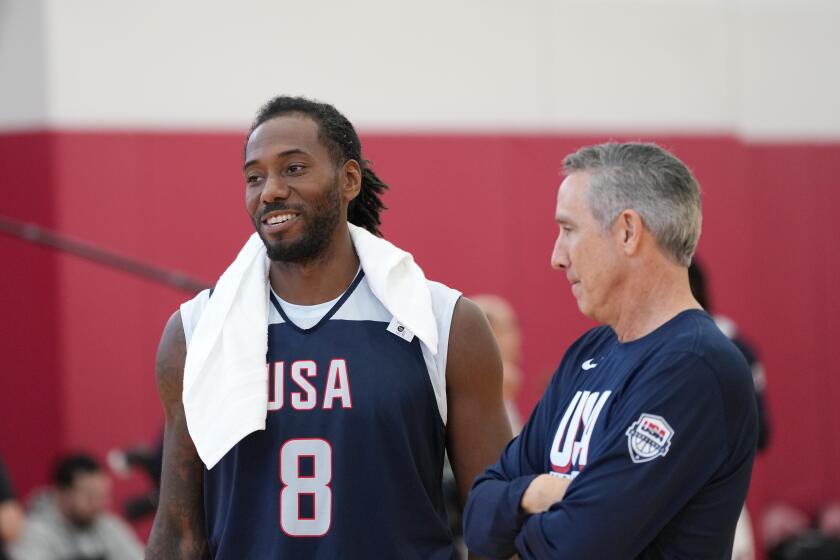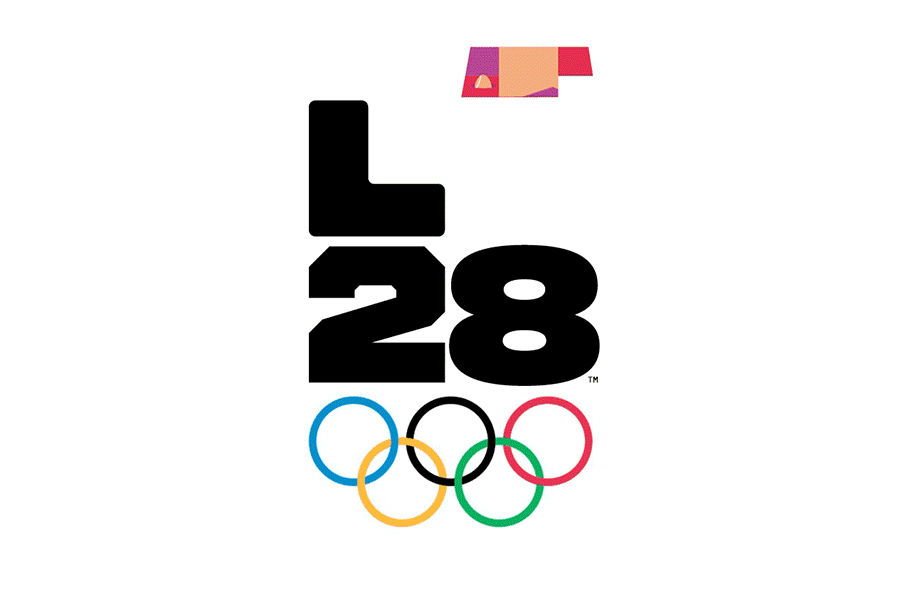Russia wins gold, U.S. bronze in team figure skating
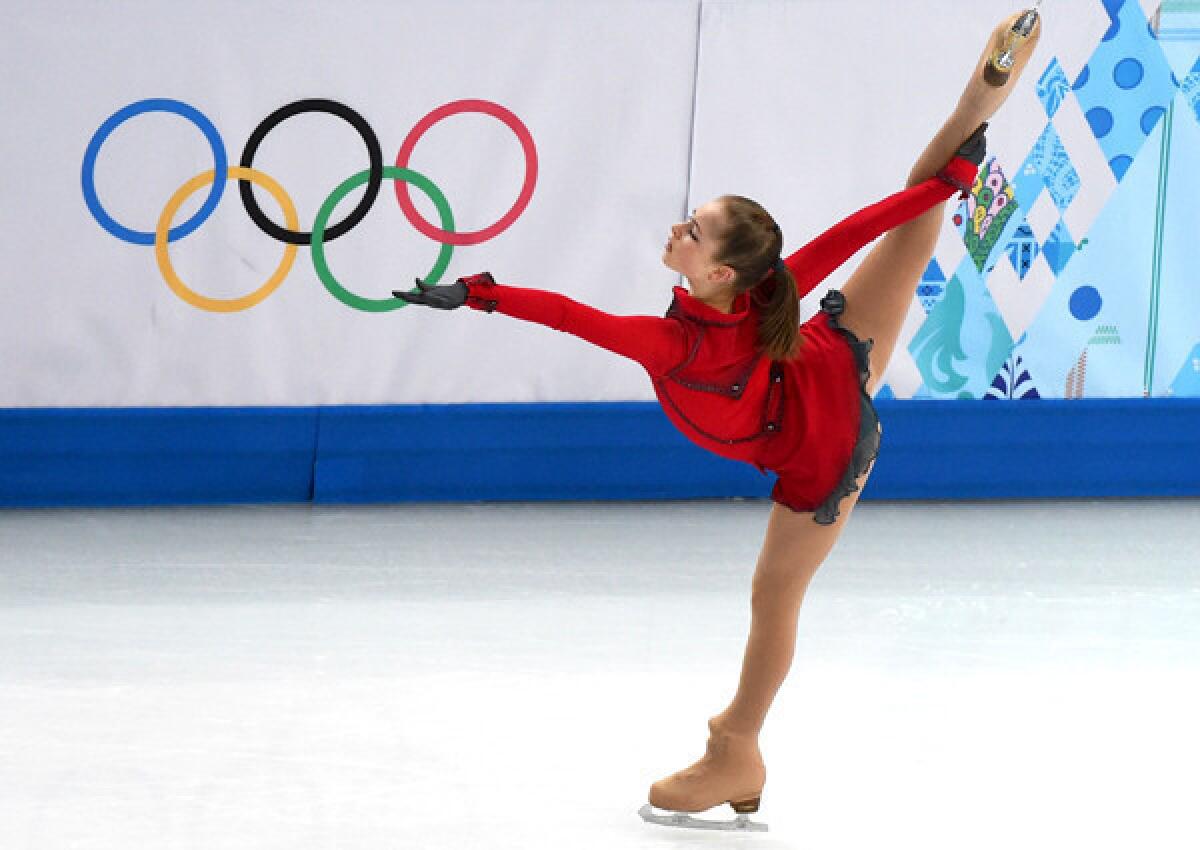
SOCHI, Russia — Julia Lipnitskaia found the perfect way to cap what her singles performance meant Sunday.
She put on the Russia baseball cap someone had thrown onto the ice after she finished.
It was not apparel figure skaters are accustomed to wearing. It was a fitting way to symbolize the idea of team at the sport’s first team competition in Olympic history.
With Russian President Vladimir Putin among the spectators at the Iceberg Palace, Lipnitskaia’s free-skate victory meant Russia had clinched the gold medal even before the ice dancers completed the four-discipline event.
It was the home team’s first gold medal of these Winter Olympics.
Russia had 75 points, to 65 for runner-up Canada and 60 for the third-place United States. Ice dancers Meryl Davis and Charlie White led the way for Team USA with convincing victories in both the short and free dances.
“This gold medal is important because it is shows the individual quality of the athletes and the teamwork of the federation and the skaters and coaches,” Russian pairs coach Tamara Moskvina said. “It shows if you work together, you can achieve something.”
Russia won both singles, using the same skater — Lipnitskaia and Evgeny Plushenko — in the short and long programs. It won the pairs with a different entry in each phase.
It was the fourth Olympic medal for Plushenko, tying him with Sweden’s Gillis Grafstrom for the most in figure skating history.
Grafstrom won three straight singles golds and a silver from 1920 through 1932. Plushenko won silver-gold-silver in singles from 2002 through 2010.
“It is great for me, my coach, my wife, my son and my country,” Plushenko said. “I like winning medals.”
After he finished, the 31-year-old Plushenko hinted at what everyone has expected: that an injury might keep him from competing in the men’s individual event. He complained of pain in his spine on the last jumps of a free skate for which the judges gave him generous scores that seemed both a career achievement award and a parting gift.
After finishing second in the short program to Japan’s Yuzuru Hanyu, who did not compete in the free, Plushenko’s winning performance Sunday was outstanding for its competitive grit rather than its content or execution. He did pull off a quadruple jump in a program his coach, Alexei Mishin, said was purposely watered down to avoid any risk that might drop the team in the standings.
“He did not need to do something outstanding to say, ‘I am Plushenko, I am great,’ ” Mishin said. “In 20 years, he has done a lot of outstanding results.”
U.S. champion Gracie Gold’s first Olympic result was impressive. A performance with just one small mistake allowed Gold to better her season free best by 12.18 points.
“I’m thrilled and relieved,” she said. “I think I am hitting my stride.”
With three of the singles favorites — South Korea’s Yuna Kim, Japan’s Mao Asada and Italy’s Carolina Kostner — not competing in the team free skate, it was hard to put Gold’s skating into relative perspective for the singles competition that begins next week.
The only comparison was to the 15-year-old Lipnitskaia, who beat Gold by 12.13 points. The extraordinarily flexible Russian’s stunning spins and jumps sent the judges into such a tizzy they got carried away with her component scores.
“She’s dynamite, guys,” Gold said of the Russian. “Let’s be real. She’s 15, she’s completely unfazed. She has no spine, but she has iron in her bones.”
Lipnitskaia became the second-youngest figure skater to win an Olympic gold medal. Germany’s Maxi Herber was about four months younger when she won a pairs title in 1936.
Jason Brown’s debut in what he hopes will be his first of three Olympics had its ups and downs. The Russian crowd got into his Irish step dance music and choreography, rhythmically clapping encouragement. But he fell on one jump and lacked the unfettered elan that has turned his performance of the same program at last month’s U.S. championships into a YouTube sensation.
The big takeaway from the team event was how thoroughly reigning world champions Davis and White dominated their Canadian rivals, reigning Olympic champions Tessa Virtue and Scott Moir, in both parts of the dance competition. With perfect 10s for 16 of their 45 free dance component scores, they won Sunday’s contest by a whopping 6.78 points.
“We’re feeling confident in what we’re doing,” Davis said.
No wonder U.S. Figure Skating could decry as “completely false” a French newspaper’s report that there would be collusion between the United States and Russia to make sure the U.S. wins the dance and Russia the pairs and team events.
Such an arrangement looks pretty unnecessary now. Generous scores or not, the Russians were deservedly easy winners of the team event. If Davis and White skate again the way they did in the team event, anything less than a gold medal would be a raw deal.
Twitter @olyphil
More to Read
Go beyond the scoreboard
Get the latest on L.A.'s teams in the daily Sports Report newsletter.
You may occasionally receive promotional content from the Los Angeles Times.
